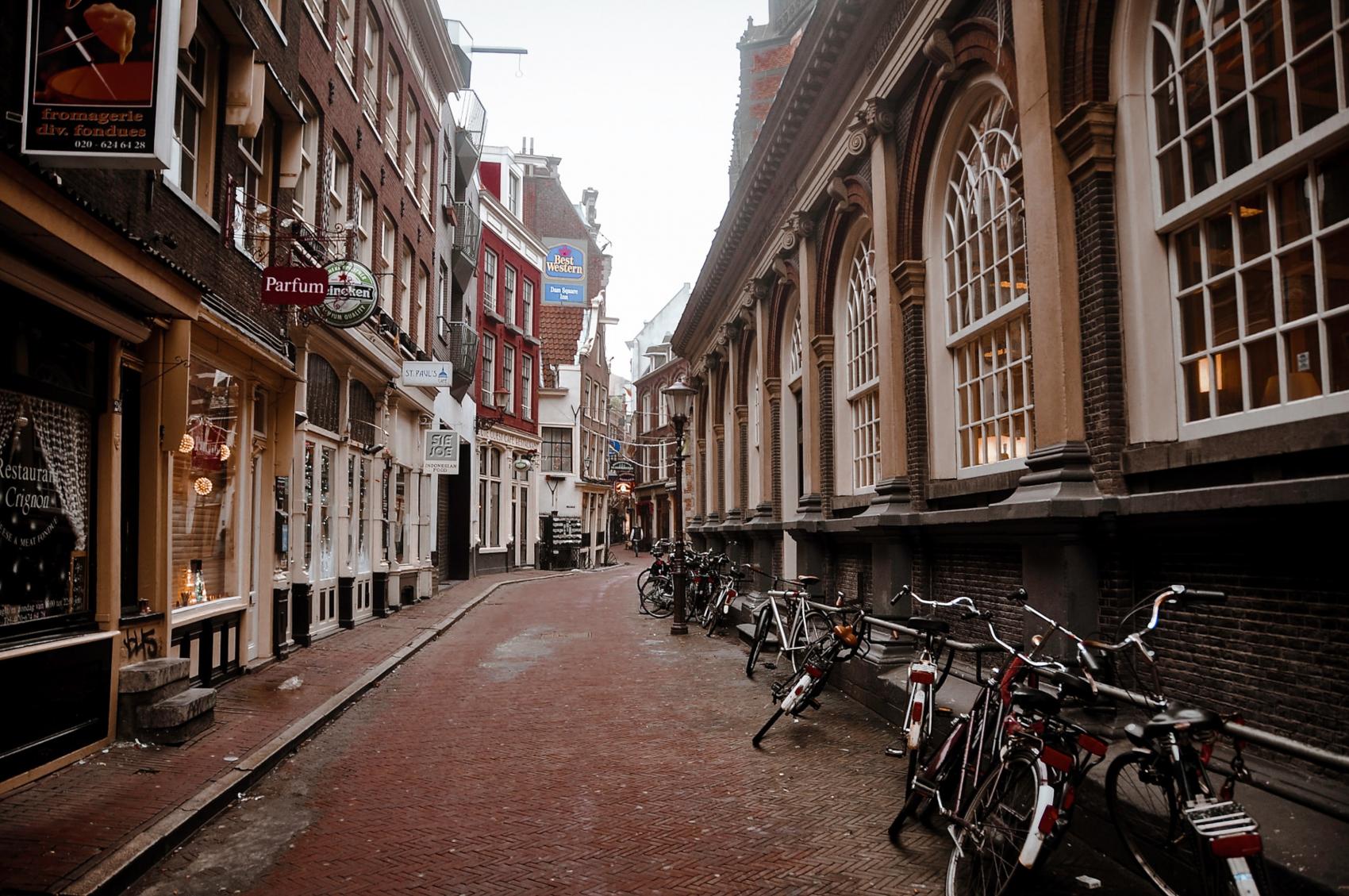
The European exit strategy must include an integrated and sustainable approach to Urban Mobility
In cooperation with 11 other organisations, ECF co-signed a letter addressed to Executive Vice-President Frans Timmermans and Transport Commissioner Adina Vălean highlighting the need for an integrated and sustainable approach to urban mobility for post-COVID19 Europe. 
As Europe is getting ready to restart urban life, it is time to rethink mobility to avoid a bounce back to an inefficient “business as usual”, which was feeding the climate crisis, causing millions of untimely deaths and chronic health problems with road danger, air pollution and lack of physical activity, and jeopardizing our economic life with traffic congestion.
Therefore, we need a European level strategy to pull together guidance and key measures to:
- Accelerate the shift towards sustainable, safe and integrated urban mobility;
- Foster growth and competitiveness in green technology for transport;
- Encourage the implementation of future-proof urban freight logistics systems;
- Prevent entrenched and unsustainable interests from benefiting from inertia and historically low oil prices to derail or postpone progress with the European Green Deal;
- Support local and regional authorities, public transport stakeholders, cycling businesses and walking and cycling associations to tackle the challenges and seize the opportunities brought by this crisis.
The letter draws attention to the following needs:
Public transport
Walking and cycling
Financial Support Mechanisms Focusing on Sustainability
Local and regional authorities are facing substantial financial costs in the field of urban mobility due to COVID-19. Expenditure remains high, and revenue declines. This is the case for public transport, for all forms of shared mobility, as well as for parking (important as a tool for regulating access to urban areas).
Exchange of Best Practices and Codes of Practice
The full list of signatories is:
-
POLIS Network
-
UITP
-
ICLEI
-
European Metropolitan Transport Authorities
-
European Cyclists’ Federation
-
European Passengers Federation
-
Cycling Industries Europe
-
International Federation of Pedestrians
-
Confederation of the European Bicycle Industry
-
Walk21 Foundation
-
European Federation of Road Traffic Victims
-
Transport & Environment
The letter can be read in full here.
Topics:
Contact the author
Recent news!
Events
Contact Us
Avenue des Arts, 7-8
Postal address: Rue de la Charité, 22
1210 Brussels, Belgium







